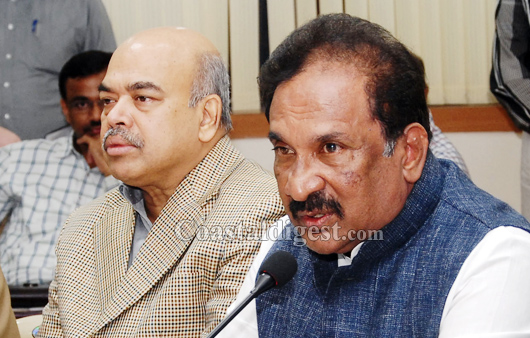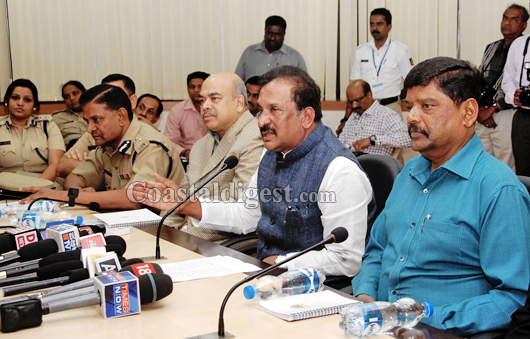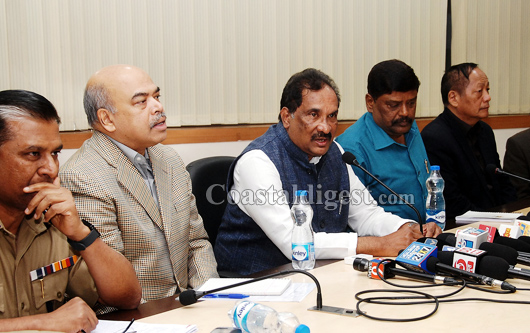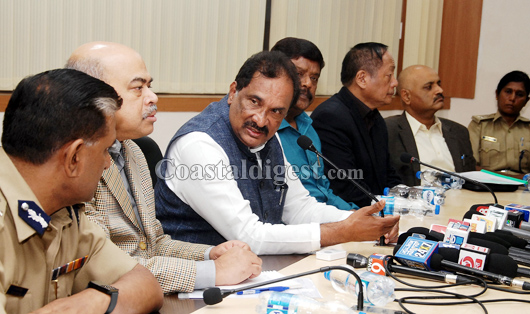Bengaluru, Jan 20: The State government will spend Rs six crore to import sophisticated weapons for the police, Home Minister K J?George said here on Monday.

“The government has realised the fact that police personnel are using traditional weapons that are not suitable to fight in a terror-like situation.?Hence, we have decided to procure modern weapons from abroad. The Cabinet recently approved a Rs six-crore project in this regard,” he told a press conference.
The Home Minister said the government had decided to go out of the way and recruit professionals for technical wings such as cyber crime cell and Forensic Science Laboratory (FSL) to speed up the investigation of various cases. Terrorists are increasingly using various technological means to execute their attacks.?Hence, the government is contemplating to appoint experts in cyber cell and FSL, he said.
Referring to the upcoming Republic Day celebrations, he said the government had ensured massive security arrangements across the State especially in Bengaluru and requested the public to contact the Commissioners of Police, DG&IGP and SPs if they come across any suspicious objects or movements of people.
He said the police followed required legal procedure in arresting four suspected ultras recently and added the government would not deny any assistance to the suspects’ family members. To a question he said the police were yet to achieve a breakthrough in the Church Street blast case.
DG&IGP?L?R?Pachuau and Additional Chief Secretary (Home) S?K?Pattanayak were present on the occasion.







Comments
I've just bookmarked this page, fantastic website!
My web page Brooklyn Moore: http://www.gaiaonline.com/journal/?mode=view&post_id=38746811&u=37743181
Add new comment